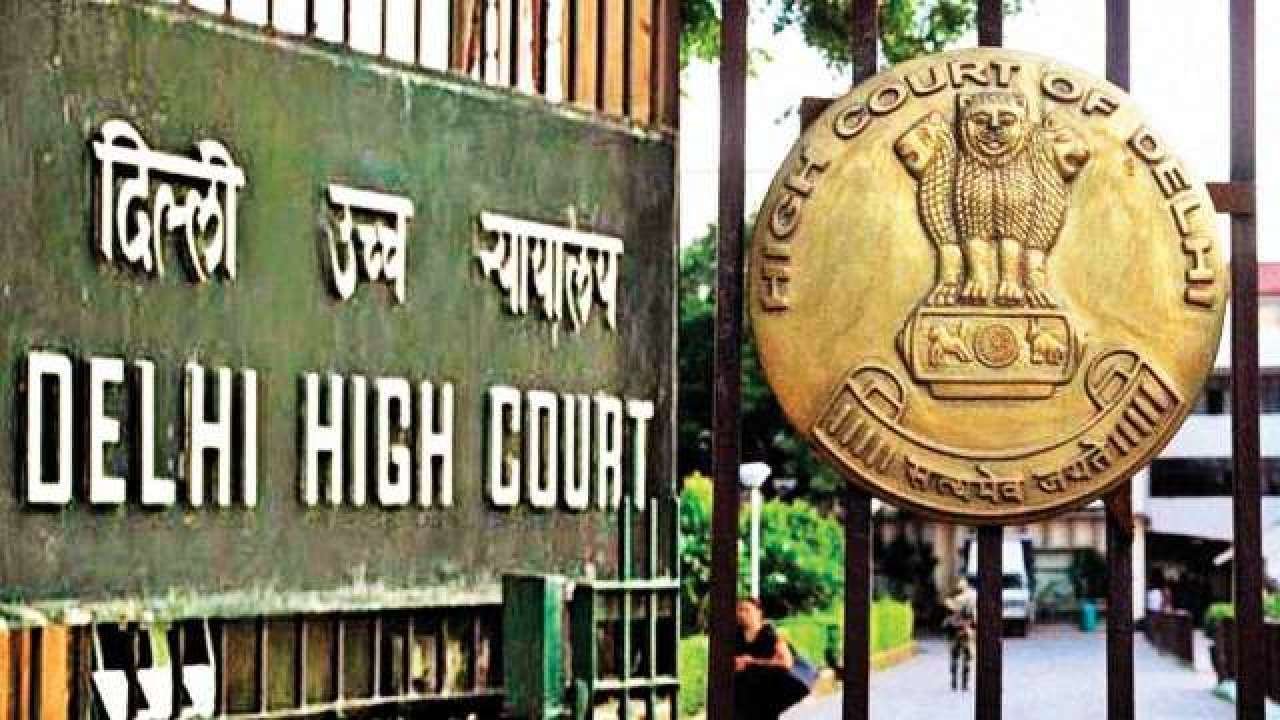The Court noted that the prosecutrix appeared to have willingly entered and sustained a relationship for over a year and that she was aware of the repercussions of entering into a relationship with a student.
A 20-year-old student recently obtained anticipatory parole from the Delhi High Court concerning allegations of sexually assaulting his 35-year-old professor under the pretense of a marital relationship.
Justice Saurabh Banerjee, a single judge, acknowledged that the professor in question was a consenting adult of around 35 years of age, who was romantically involved with the accused when he was roughly 20 years old.
Furthermore, the court took note of her prior marriage and ongoing divorce proceedings when granting a pre-arrest bond to the accused.
The court’s assessment indicated that the professor’s involvement with the accused appeared to be driven by her own choice and desire rather than any form of coercion or force. The court found that she willingly engaged with the accused with full awareness and consent, acting of her own free will.
According to the initial information report (FIR), the woman met the defendant in February 2022 at the educational institution where he was enrolled.
The woman claimed that during a business trip to Manali in May 2022, they exchanged vows in a temple in a small wedding ceremony, with the defendant promising a formal marriage in the future.
She also stated that she met the student’s family at his home on June 4, 2022, and they expressed no objections to their union.
The FIR detailed that, upon learning of her pregnancy in April 2023, the accused and his family pressured her to have an abortion, which he facilitated by providing a tablet.
In June 2023, the woman discovered she was pregnant again, but on July 1, 2023, the accused absconded with ₹2,50,000 from her. Their last interaction occurred on July 4, 2023, when he scheduled an appointment for the woman with a gynecologist in Gurgaon the following day.
The defendant’s attorney argued that he had no intention to harm or threaten the woman. He claimed that the woman had repeatedly tried to coerce the defendant and his family, and that her FIR was primarily intended to harass the 20-year-old student who attended the institution where she worked as a professor.
In contrast, the State’s attorney opposed the bail application due to the serious nature of the alleged offenses.
The Court emphasized the need to recognize the gravity of rape cases and apply appropriate sanctions, but also stressed the importance of considering the specific details, circumstances, background, and context of each case.
The court pointed out that the professor was clearly aware of the implications of engaging in a ‘guru-shishya’ (teacher-student) relationship with a student who was not of marriageable age when the relationship began. The Court stated that it was reasonable to assume she possessed above-average intelligence and knowledge of the rights of a married woman, while the accused had not yet reached the age of marriage. It was also reasonable to deduce that she was aware of the consequences of engaging in a relationship with someone of her age, specifically a “student.”
As a result, the court initially determined that the professor had knowingly initiated and maintained a sexual relationship with the defendant for over a month.
The court rejected an argument that the defendant was ineligible for bail due to being a “proclaimed offender,” noting that he had not been designated as such under Section 82 (4) of the Code of Criminal Procedure (CrPC) and was only a “proclaimed person” evading arrest under Section 82 (1) of the CrPC.
The court concluded that the student had established a prima facie case for the issuance of anticipatory bail.
Furthermore, the court clarified that it was not required to critically analyze the evidence on record at the anticipatory bail stage.
Consequently, the court granted anticipatory bail with specific conditions, including the provision of a personal bond worth ₹1,00,000 and one guarantor of the same value.
The accused was represented by Senior Advocate Pramod Kumar Dubey, Abhik Chimni, Pallavi Garg, Anant Khajuri, Saharsh, Satyam Sharma, Aditi, Akshat Sharma, and Riya Pahuja.
Meenakshi Dahiya, an APP, represented the prosecutrix, and the legal team included attorneys Vikram Singh Jakhar, Mohit Yadav, Varnika Sharma, and Saurabh Sharma.



